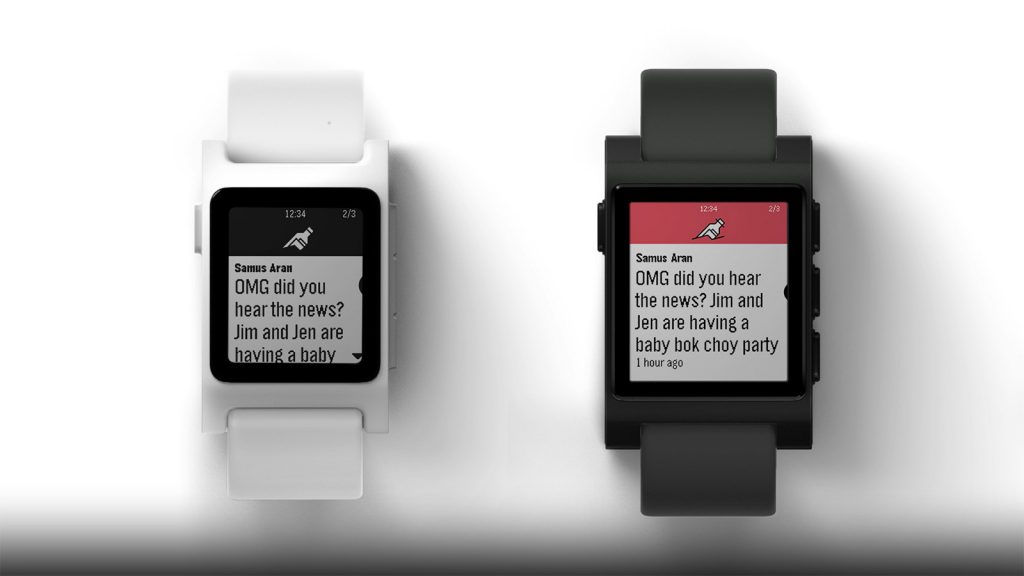
Would you buy a smartwatch with a 30-day warranty? Dilemma of a Pebble smartwatch fan
- 25.03.2025 09:20
- soyacincau.com
- Keywords: Warranty Issues
Eric Migicovsky relaunched Pebble smartwatches under Core Devices with a 30-day warranty, raising concerns among fans. Despite the risk, enthusiasts may choose to support the project, while others opt for more reliable options due to limited coverage and potential issues.